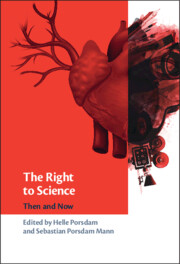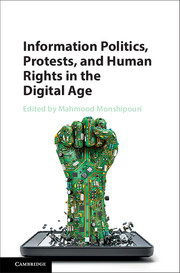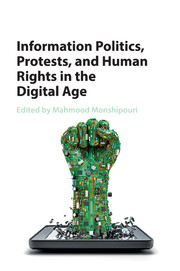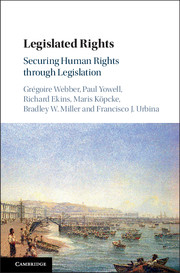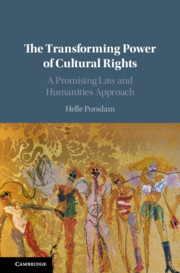The Right to Science
That everyone has a human right to enjoy the benefits of the progress of science and its applications comes as a surprise to many. Nevertheless, this right is pertinent to numerous issues at the intersection of science and society: open access; 'dual use' science; access to ownership and dissemination of data, knowledge, methods and the affordances and applications thereof; as well as the role of international co-operation, human dignity and other human rights in relation to science and its products. As we advance towards superintelligence, quantum computing, drone swarms, and life-extension technology, serious policy decisions will be made at the national and international levels. The human right to science provides an ideal tool to do so, backed up as it is by international law, political heft, and normative weight. This book is the first sustained attempt at turning this wonder of foresight into an actionable and justiciable right. This title is also available as Open Access on Cambridge Core.
- Offers an exploration of a core cultural right: the right to science to give legally trained readers useful background information concerning the impact of the right to science on people's lives
- Proposes the right to science as an empowering tool which will appeal to those who believe in rights talk and the rule of law as promising and aspirational endeavors, as well as those working in aid, development, global justice, science diplomacy and those looking for an actionable and justiciable tool for the furtherance of their human rights causes
- Provides examples of inter-disciplinary and multi-disciplinary science in action, showing how different disciplines can interact
- This title is also available as Open Access on Cambridge Core
Reviews & endorsements
‘The right to science, as this collection suggests, deserves greater attention, and this admirable contribution opens avenues for future scholarship.’ Dena Kirpalani , Human Rights Review
Product details
December 2021Hardback
9781108478250
225 pages
235 × 157 × 25 mm
0.63kg
Available
Table of Contents
- 1. The dawning of a right: science and the universal declaration of human rights (1941–1948) Mikel Mancisidor
- 2. The origins of the right to science: the American declaration on the rights and duties of man, Cesare P.R. Romano
- 3. IP rights and human rights: what history tells us and why it matters, Aurora Plomer
- 4. Fostering a love of truth: conceptions of science in UNESCO's early years Ivan Lind Christensen
- 5. The right to science and the evolution of scientific integrity, Roberto Andorno
- 6. On the right to science as a cultural human right Farida Shaheed and Andrew Mazibrada
- 7. Mainstreaming science and human rights in UNESCO, Yvonne Donders and Konstantinos Tarraras
- 8. Considering the right to enjoy the benefits of scientific progress and its applications as a cultural right: a change in perspective, Mylène Bidault
- 9. Implications of the right to science for people with disabilities Valerie J. Bradley
- 10. Science in the times of SARS-CoV-19, Stjepan Oreskovic and Sebastian Porsdam Mann
- 11. Fight the fear with the facts! Ranga Yogeshwar
- 12. The right to science – from principle to practice and the role of national science academies, Jessica M. Wyndham, Margaret W. Vitullo, Rebecca Everly, Teresa M. Stoepler and Nathaniel Weisenberg
- 13. The right to science in practice: a proposed test in four stages Sebastian Porsdam Mann, Yvonne Donders and Helle Porsdam
- 14. The right to science: a practical tool for advancing global health equity and promoting the human rights of people with tuberculosis Mike Frick and Gisa Dang
- 15. A proposal for indicators of the human right to science, Andrea Boggio and Brian Gran
- 16. Epilogue Christine Mitchel.

